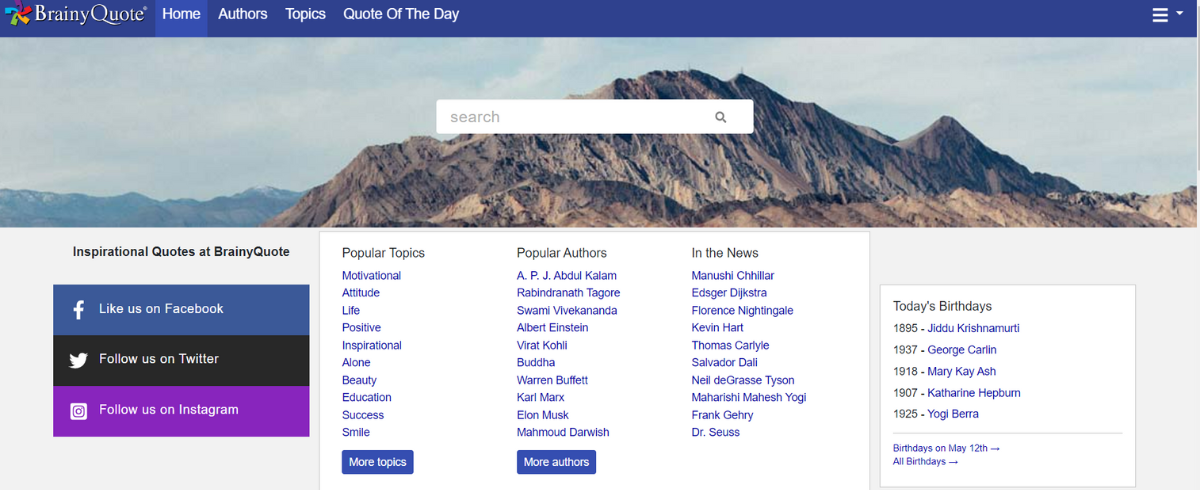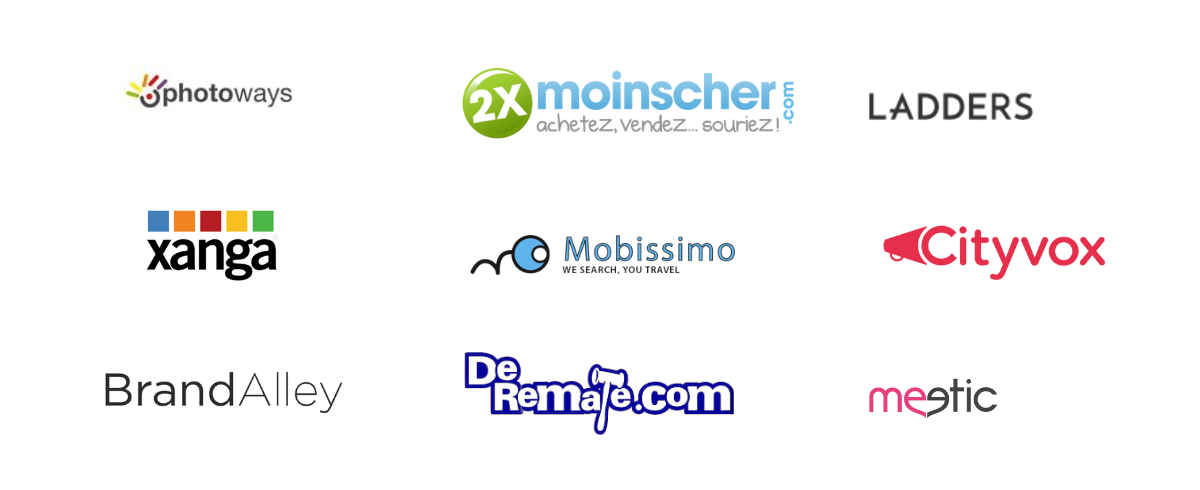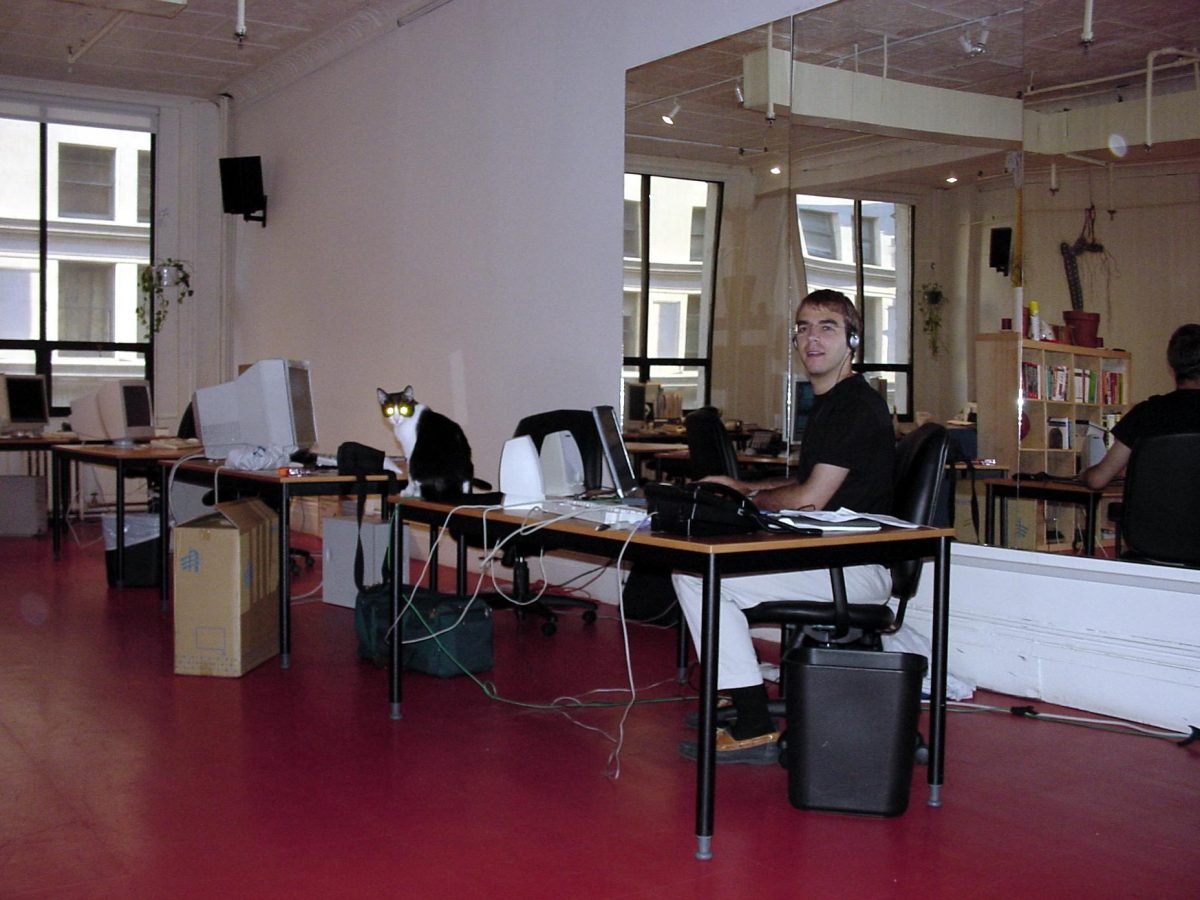Investment bankers have often decried as adding little value and adding complexity to otherwise simple sale processes. I strongly disagree.
Even if a startup is run by a former investment banker or someone with significant M&A experience, I would not recommend handling the sale process without a banker. Abraham Lincoln once remarked regarding lawyers: “he who represents himself has a fool for a client.” The same applies for bankers.
There are several reasons why I recommend you use bankers:
1. Avoiding conflicts with the buyer:
This is the single most important reason to use bankers. Negotiating a sale of a company is one point in time at which your interests are not aligned with those of the buyer. It is very easy for the negotiation to turn acrimonious.
The sale of the company is not the end game, but only one step in its development. You will have to work with the buyer for the foreseeable future and must thus maintain a good relationship with him.
Whether negotiating the price or the details of the stock purchase agreement (SPA – representation and warranties, etc.), I always let my lawyer and bankers take the lead in the discussions. This way I can blame everything on them – they are greedy and difficult while I am the reasonable guy willing to make compromises.
On my last transaction – after we had run the process and signed the LOI – I went on vacation and left my banker and lawyer to negotiate the SPA. I only made myself available to the buyer for 1 hour every few days. This forced the buyer to focus on the essential, thus involving me only for the most important discussions and removing further potential for conflict over details.
2. Bankers have good senior level relationships:
When selling your company, you typically know a lot of the people in your own industry, but you often don’t have the relationships to bring parties in conjoint spaces to the table. Senior bankers have the ear of CEOs, CFOs and corporate development people … and the more parties bidding for the company, the higher the ultimate price.
3. Running a sale process increases valuations:
Running a process usually means:
-
- a. Sending an executive summary to gauge interest
-
- b. Organizing management presentations
-
- c. Requesting LOIs by a specific date
-
- d. Selecting a shortlist and organizing follow-up presentations
-
- e. Requesting a new LOI by a specific date by the short list
-
- f. Selecting the winning bid (after doing one last all around check)
The first offer we received for Zingy was $40 million. After we ran the process the winning bid was $80 million in cash.
Side Note: I usually blame the requirement for running a process on my shareholders. After all, even if you are the controlling shareholder, your minority shareholders will want an independent process to make sure they are treated fairly.
4. Bankers do a lot of the work:
Bankers use your existing material to write the executive summary and management presentation. They track the status of the discussions with all the contacts. They coordinate the meetings. They prepare justifications of the valuations for the buyer. They help negotiate the LOI and SPA.
Selling your company is extremely time consuming without having to do all the above given all the management presentations and follow-up discussions with potential buyers. Given that you also have a business to run, bankers allow you to offload as much of the work as possible.
5. It’s not expensive:
Investment bankers take between 2% and 0.5% of the sales price depending on your company’s valuation. In light of the 4 benefits listed above they provide, the price is very reasonable.
Conclusion:
Use investment bankers if your selling price is above $10 million. The best investment bankers I know in new media and wireless are Andy Kass and Emmanuel DeSousa. They are former CSFB bankers who now work at Deutsche Bank. They are super smart, hungry, extremely well connected and in the midst of every deal I heard of in the past few months. They really make deals happen!
The only exception to the above rule is if you have strong professional investors in the company – VCs and/or private equity firms who also want to sell. Then, you can let them run the process and blame them for being greedy and difficult. Just make sure that your interests are truly aligned and that they want the same thing you do. If in doubt, hire bankers!







